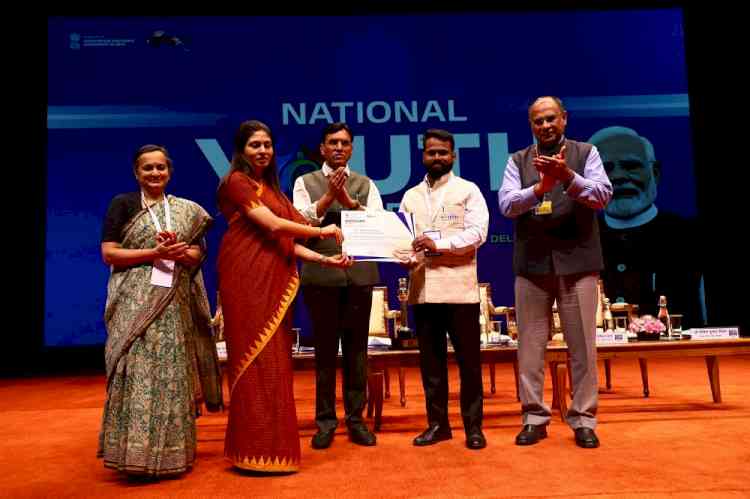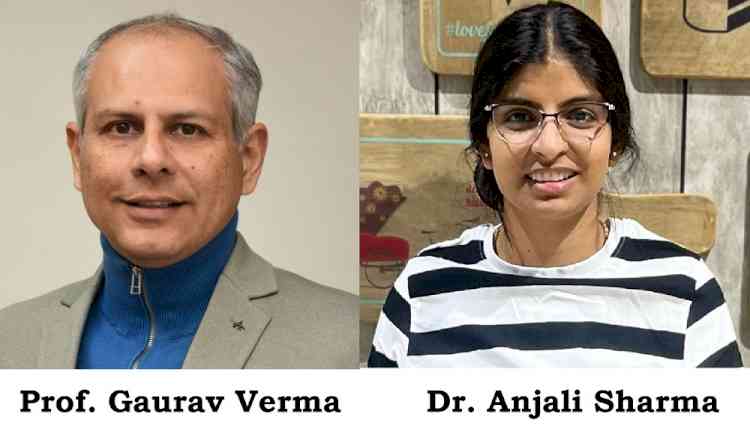UIAMS ORGANIZES SEMINAR ON START UPS
START UPS AND ENTREPRENEURIAL SPIRIT IS BOUND TO BE THE CATALYST OF ALL PERVASIVE GROWTH

Chandigarh:
India has a well diversified economy that fosters innovation and
talent and is on the right path to lead the future world economic
growth post covid. With emphasis of Indian government on self
reliance, Prof Raj Kumar opined that start ups and entrepreneurial
spirit is bound to be the catalyst of all pervasive growth. In his
presidential remarks at the Webinar on Startups Post Covid organized
by University Institute of Applied Management Sciences (UIAMS), Panjab
University, Prof Raj Kumar highlighted that Fintech, Edtech,
Agritech, and Healthtech were some emerging verticals in India, while
e-commerce and aggregators have not realized their true potential and
are poised for exponential growth. He exhorted students to learn
new-age skills like artificial intelligence, machine learning, data
science and mobile development and harness their entrepreneurial
skills.
Mr K.S. Bhatia, CEO Pumpkart and figgital highlighted that not only
there are health issues but also the financial implications. Global
trade has virtually stopped and supply chains have been disrupted.
Post Covid, there is bound to be change in the global economic and
business order. Priorities for existing entrepreneurs need to be on
employee safety, business continuity and liquidity. Emerging situation
mandates changing business models, identifying business opportunities
and having global vision. He exhorted participants to hone their
technical, cognitive and language skills needed for technology
startups.
Mr Vinay Singhal, CEO, Wittyfeed and STAGE, was of the view that
adaptability will be the key to a startup’s survival. Having one of
the largest tech ecosystems in the world, Indian startups will
contribute to economic growth and job creation.
Prof Upasna Joshi Sethi, Director, UIAMS expressed that businesses
will become more virtual and teams may move to multiple
locations/countries and even working from homes. This will mandate
redesigning business processes by allowing teams to work remotely and
keeping engagement levels high. This may pose socio-cultural
challenges also. The new business models will be more agile, dynamic
and technology driven.
The webinar was coordinated by Prof. Sanjeev Sharma, Dr Monika
Aggarwal and Dr Rachita Sambyal, UIAMS


 cityairnews
cityairnews 








